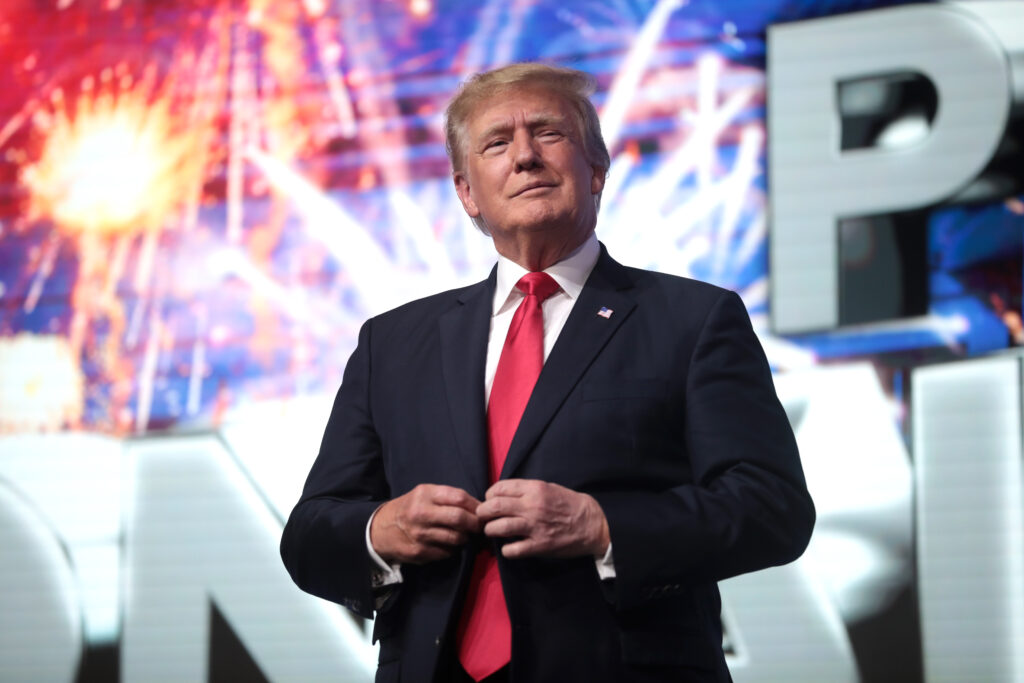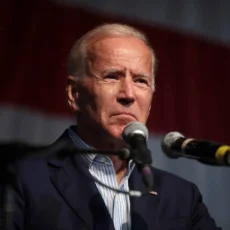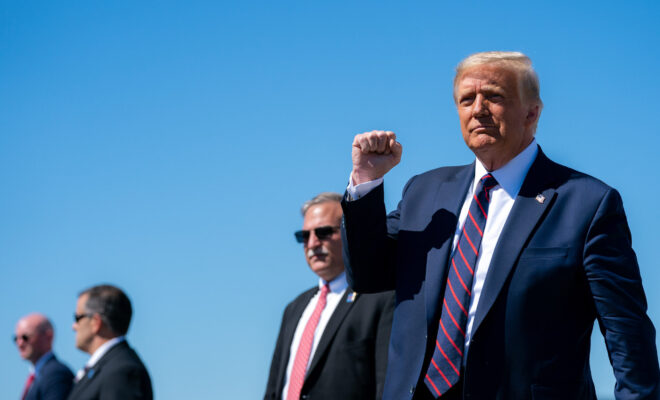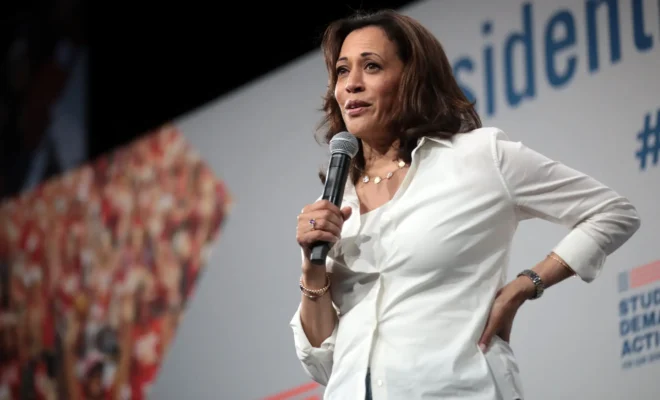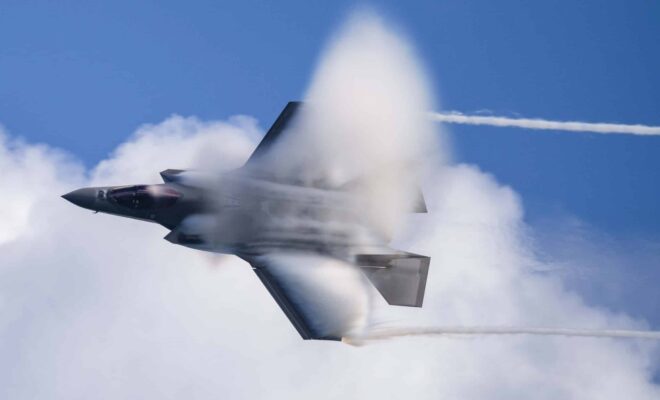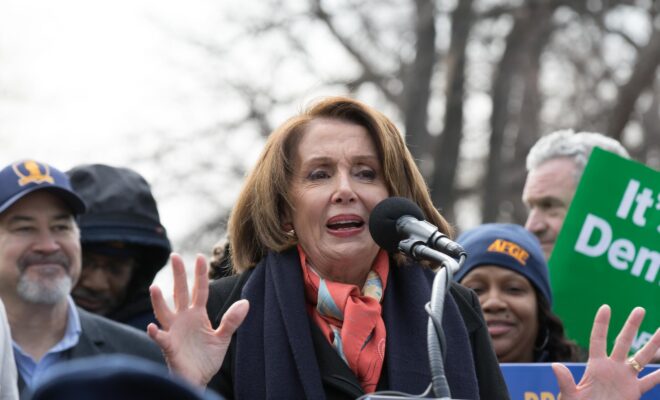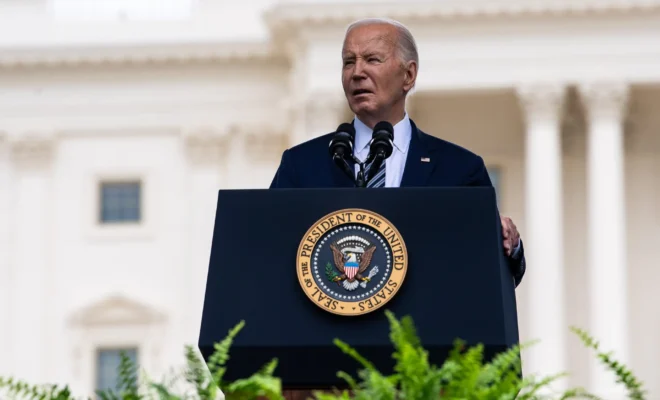The 2024 primary election season has officially kicked off.
Former President Donald Trump secured the lead in the Iowa caucuses immediately and never looked back.
A MAGA blowout seemed likely all along. However, some people speculated that Florida Gov. Ron DeSantis would perform better than anticipated with Iowa evangelicals, or that suburban voters would boost former South Carolina Gov. Nikki Haley, leading to a strong second-place finish.
In the end, CNN declared Trump the winner after 30 minutes in what became the biggest caucus victory in Iowa's history:
(FULL SPEECH) Donald Trump speaks after winning the 2024 Iowa Caucus. pic.twitter.com/HrD9NJt8hi
— The First (@TheFirstonTV) January 16, 2024
“The big night is going to be in November, when we take back our country,” Trump told his first proper victory party since he shocked the world by winning the 2016 election. His MAGA-hat wearing crowd greeted him with chants of “Trump, Trump, Trump” beneath two vast screens reading “Trump wins Iowa!”
But the ex-president's rebound is more stunning for another reason. He won despite 91 criminal charges and other legal entanglements that threaten his freedom and his fortune. In a head-spinning snapshot of the unprecedented times, he's expected to show up in a courtroom in Manhattan on Tuesday morning for the opening of a defamation trial.
3:30am and President @realDonaldTrump is still going! 🇺🇸 pic.twitter.com/2y3M3XlN5E
— Margo Martin (@margommartin) January 16, 2024
Monday's result posed huge questions for Trump's rivals. Florida Gov. Ron DeSantis claimed second place, narrowly ahead of former South Carolina Gov. Nikki Haley. It is a showing that doesn't offer DeSantis much hope of capturing the nomination, but may at least give him a rationale for staying in the race.
Haley came third but she is most focused on next week's New Hampshire primary, where independent, undeclared voters and moderate Republicans offer her best chance to score an early win over Trump. But the electoral map of Iowa also illustrates the daunting task she faces in creating a path to the GOP nomination. In rural areas, where most Republicans live, she made little impression.
According to a recent NBC News/Des Moines Register/Mediacom poll, 18% of likely Republican caucus-goers identified themselves as “Ultra MAGA” while 22% identified as “Regular MAGA.”
The poll reported that likely caucus-goers backing former United Nations ambassador Nikki Haley were less likely to identify as MAGA. Only 11% of those who are supporting Haley as their first choice said they either identified as “Ultra MAGA” or “Regular MAGA,” while 37% said they were neutral and 50% said they were “anti-MAGA.”
Ron DeSantis supporters were more split about whether they identified as MAGA. Twenty-four percent said they are either “Ultra MAGA” or “Regular MAGA,” 57% said they are neutral and 17% said they are “anti-MAGA.”
READ NEXT: Biden Used Secret White House Email Account To Communicate With Influence Peddling Family Members







